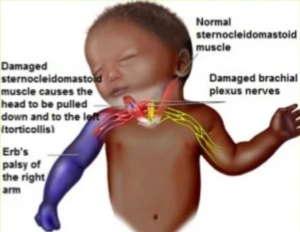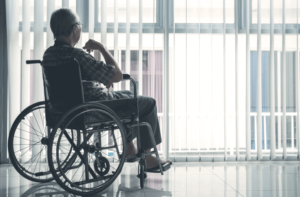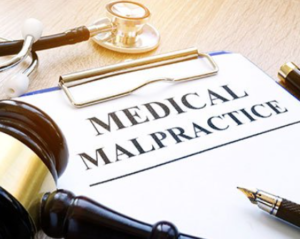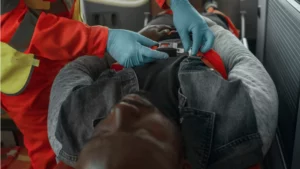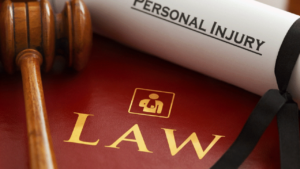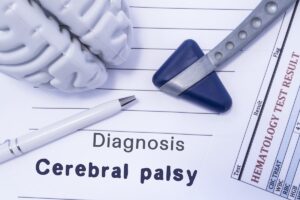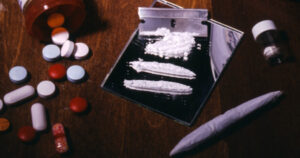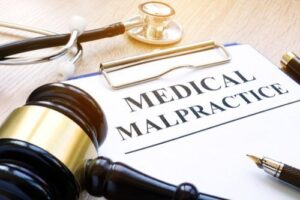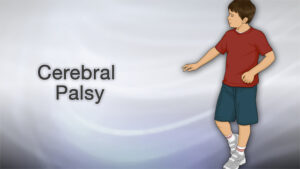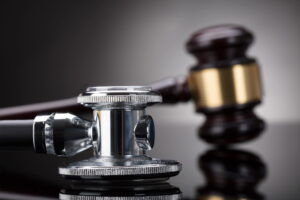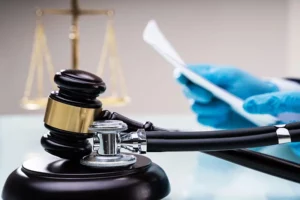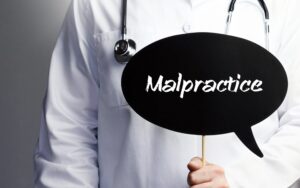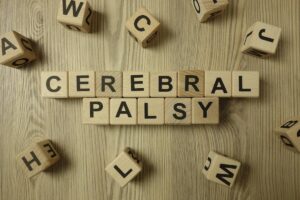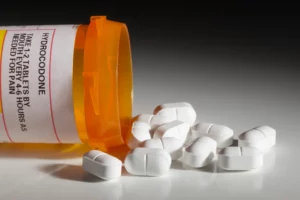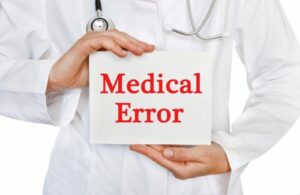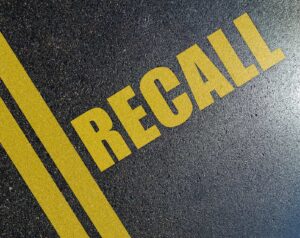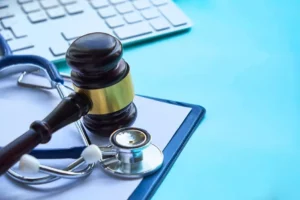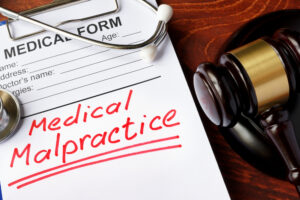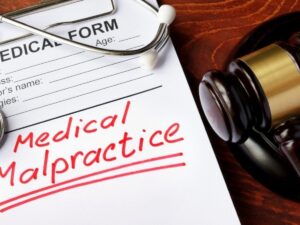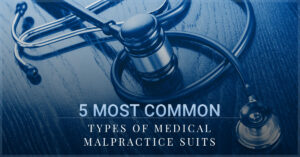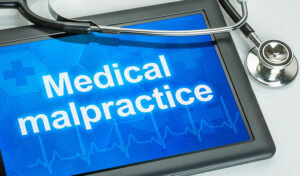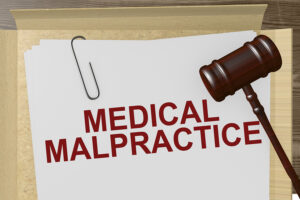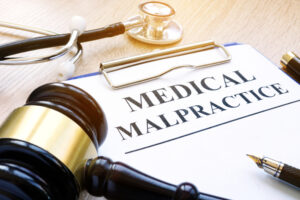We trust medical professionals and institutions to keep us safe and to improve our health. Unfortunately, this isn’t always the case. In fact, medical malpractice is the third leading cause of death in the United States.
One form of medical malpractice involves errors in administering medication to patients. Medical professionals or institutions who administer medications negligently may be held responsible for any injuries resulting from their mistakes. This piece focuses on how medication errors happen in hospitals and how victims can secure recovery.
HOW MEDICATION ERRORS IN HOSPITALS HAPPEN
Medication errors are mistakes in prescribing, dispensing, and giving medications. When they cause injuries, we call them preventable adverse drug events. Medication errors occur in hospitals when medical professionals prescribe wrong medicines or doses, or prescribe a medicine that causes a negative reaction to a different medication a patient takes. Reducing medication errors has been a focused effort in the medical industry, but there is still work to do.
A significant number of medication errors occur in hospitalized children because these patients have more complicated dosing requirements, which increases the risk of errors in prescribing and administering medication. Another common cause of errors is interruptions in the administration process.
Other causes of medication errors include:
- Poor communication between doctors
- Poor communication between patients and doctors
- Similar drug names
- Similar appearance of medications
- Similar medical abbreviations
Medication errors are a leading cause of injury in healthcare systems in the United States and around the world. The global estimated cost of medication errors is $42 billion every year. Adverse medication events cause more than 770,000 injuries and deaths each year and cost an estimated $5.6 billion annually.
HOW TO REDUCE MEDICATION ERRORS IN HOSPITALS
The medicine industry has created guidelines for hospitals to reduce medication errors. The guidelines touch on each aspect of medication administration, including prescribing, procurement and storage, and packaging and dispensing. The guidelines also emphasize the need for effective patient monitoring and instructions on discharge. Additionally, they stress the importance of constant evaluation of the hospital’s processes.
Just a few examples of error-reduction methods include:
- Maintaining and following medication reconciliation procedures when transferring patients between units;
- Having a prescription order read back to the prescribing doctor to ensure it was transcribed correctly;
- Being alert to patients with similar names, to avoid mixing up prescriptions;
- Ensuring that all medications are stored as required to ensure they remain effective;
- Having a clear and consistent structure for handoff conversations between staff; and
- Utilizing any interoperable health record systems available at the hospital to understand each patient’s key health information
While medication errors remain a risk to patient health and safety, hospitals should take steps to reduce the risk. If they fail to do so, they may be held liable for resulting injuries to patients.
RESPONSIBILITY FOR MEDICATION ERRORS IN HOSPITALS
Patients can hold medical professionals and institutions responsible if they provide negligent care to a patient. Any level of care that falls below what a similarly situated, reasonable, and competent medical professional or institution would provide is negligent and commits medical malpractice. Anyone operating in the medical field, including institutions like hospitals, can commit medical malpractice.
If you are the victim of a medication error in a hospital, several parties may have committed malpractice:
- Medical professional: If a doctor, nurse, or other medical professional at a hospital negligently prescribed, administered, or otherwise managed your medication, you can hold them responsible for any resulting injuries.
- Medical institution: If a hospital has failed to adopt industry standards to reduce the risk of a medication error, or has failed to exercise due care in the administration of medication, it is negligent and victims may hold them responsible for resulting injuries.
- Medicine manufacturer: If a medicine manufacturer fails to perform appropriate safety testing, mislabeled, falsely advertised, or fails to disclose known risks of a medication, the manufacturer may be held responsible for any resulting injuries.
An experienced medical malpractice lawyer can help identify all parties who may have violated their duty of care. They are also responsible for compensating a victim.
HOW MUCH CAN I RECOVER IN A MEDICATION ERROR LAWSUIT?
The amount you can recover in a medication error lawsuit depends on the types of expenses or harms you experience from the medication error.
In medication error cases, parties who are found to be negligent may face responsibility for compensating a victim for all applicable medication error expenses and harms, including:
- Medical expenses: Medication errors often result in additional medical costs for the patient due to a longer hospital stay, additional required procedures, or ongoing treatment to manage the issues caused by the error. A medication error defendant may be held responsible for any medical costs resulting from the negligent medication error.
- Lost income: If injuries caused by a medication error cause a victim to miss work or work a reduced schedule, a defendant may be held responsible for paying lost wages as well as future lost wages and diminished earning capacity.
- Emotional distress: In addition to the physical pain, many victims experience emotional distress from medication errors. These victims expected to feel relief from their pain thanks to medical care but instead have to manage new and unexpected injuries due to a medication error. This can result in anxiety and depression as a victim manages the results of a medication error. In this case, a defendant in a medication error may also be responsible for compensating a victim for these harms.
- Loss of enjoyment: If the injuries caused by a medication error limit a victim’s ability to participate in activities that were previously an important part of their life, a defendant may be held responsible for compensating the victim for such loss.
- Punitive damages: Rather than compensating the plaintiff for their injuries, punitive damages punish a defendant for particularly egregious behavior. The type of behavior that qualifies for punitive damages in medication error cases is different from state to state. It is best to discuss with an attorney to determine if punitive damages are available in your case.
An experienced medical malpractice lawyer can help you recover compensation for medication error injuries. A lawyer can help assess liability, compile evidence, prepare a damages demand, and communicate with a defendant and their insurance provider.
A lawyer can help assess any settlement offer against the strength of your case to make sure victims receive fair compensation.
Spector Law Group

